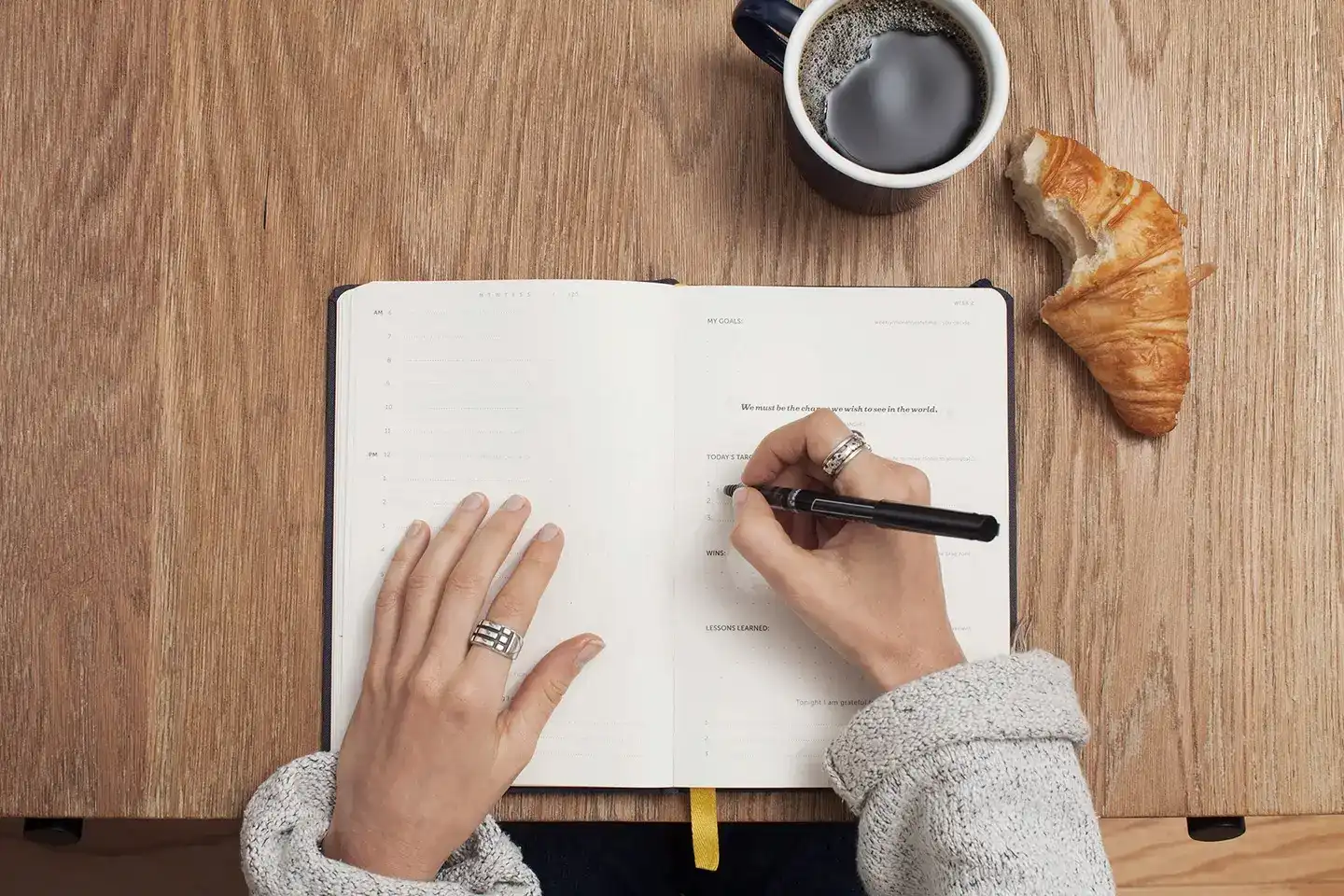How to Use Journaling for Emotional Wellbeing

Many of us carry around a swirl of thoughts, emotions, and worries that we never fully unpack. Over time, this mental chatter can build up and leave us feeling stuck or overwhelmed. Journaling offers a safe space to process those thoughts, release pent-up feelings, and nurture a sense of calm. Whether you already keep a diary or have never put pen to paper, learning to journal with intention can have a powerful impact on your emotional wellbeing.
Why Journaling Helps You Feel Better
One of the biggest benefits of journaling is the sense of relief that comes from getting thoughts out of your head and onto the page. This act of externalizing worries, memories, or anxieties can help you:
- Identify underlying patterns or triggers
- Clarify what really matters to you
- Reduce stress by organizing scattered thoughts
- Gain a deeper understanding of your own emotions
Journaling also encourages mindfulness, which can help you become more aware of how you feel in the present moment instead of getting lost in past regrets or future fears.
Finding the Right Journaling Style
There is no one-size-fits-all approach to journaling. The beauty lies in adapting it to fit your unique preferences and schedule. Consider these common styles:
- Stream-of-Consciousness: Write continuously for a set period (such as 10 minutes) without worrying about grammar, structure, or punctuation. This free-flow style can reveal hidden thoughts you didn't know were there.
- Prompts and Questions: Use guided questions such as, "What is one thing I'm grateful for today?" or "What made me smile this week?" to focus your reflections on specific areas of life.
- Structured Logs: If you enjoy data and patterns, keep short daily entries. Document your moods, energy levels, or notable events. Over time, you might spot trends that help you manage stress better.
Experiment with different methods until you find one that resonates. You might even mix and match, using prompts on days you feel scattered and a free-flow approach when you need emotional release.
Practical Steps to Start Journaling
- Set Aside Time
Begin with just 5 or 10 minutes. Some people like to journal first thing in the morning, while others prefer an evening wind-down. Try different times of day to see what feels most natural. - Choose Your Medium
You can use a physical notebook, a notes app on your phone, or a dedicated journal. If handwriting slows you down too much, typing might be a better fit, and vice versa. - Create a Simple Ritual
Light a candle, make a cup of tea, or put on quiet music. By pairing journaling with something comforting, you reinforce a positive habit. Even a tiny ritual can make it feel more special. - Let Go of Perfection
There is no right or wrong way to journal. Spelling, punctuation, or neat handwriting do not matter. Focus on truthful expression, not a polished final product.
Taking It Deeper with Monsai (Optional)
If you like a bit of structure, Monsai includes a built-in journal feature where you can store entries, reflect on your mood, and view how your emotional patterns evolve. You could, for example, combine journaling with a daily intention (as discussed in Mindful Mornings: Simple Routines for a Stress-Free Start) to see if a calm morning helps you write more openly. Though Monsai can provide prompts and gentle reminders, remember that you set the tone for your own journaling journey.
Overcoming Common Roadblocks
- Feeling Silly or Self-Conscious: No one else is reading your journal, so allow yourself to write without judgment.
- Struggling to Make Time: Journaling does not have to be lengthy. Even a quick "brain dump" every couple of days can help.
- Worrying You Have Nothing to Say: Write whatever comes to mind. Describe your surroundings, your emotions, or even what you had for breakfast. The act of writing often leads to deeper revelations.
Final Thoughts
Journaling is more than just recording daily events. It is a simple yet profound way to tune in to your emotions, reduce mental clutter, and set the stage for personal growth. Even if you only manage a few lines a day, you might be surprised at how much clarity and emotional relief you gain over time.
Consider giving journaling a try tonight, even if you do not know where to start. Write about one thing that weighed on your mind today, and see how it feels to explore that feeling on the page. You never know what insights you might uncover, and you will likely discover a gentle path to calmer, more focused days.